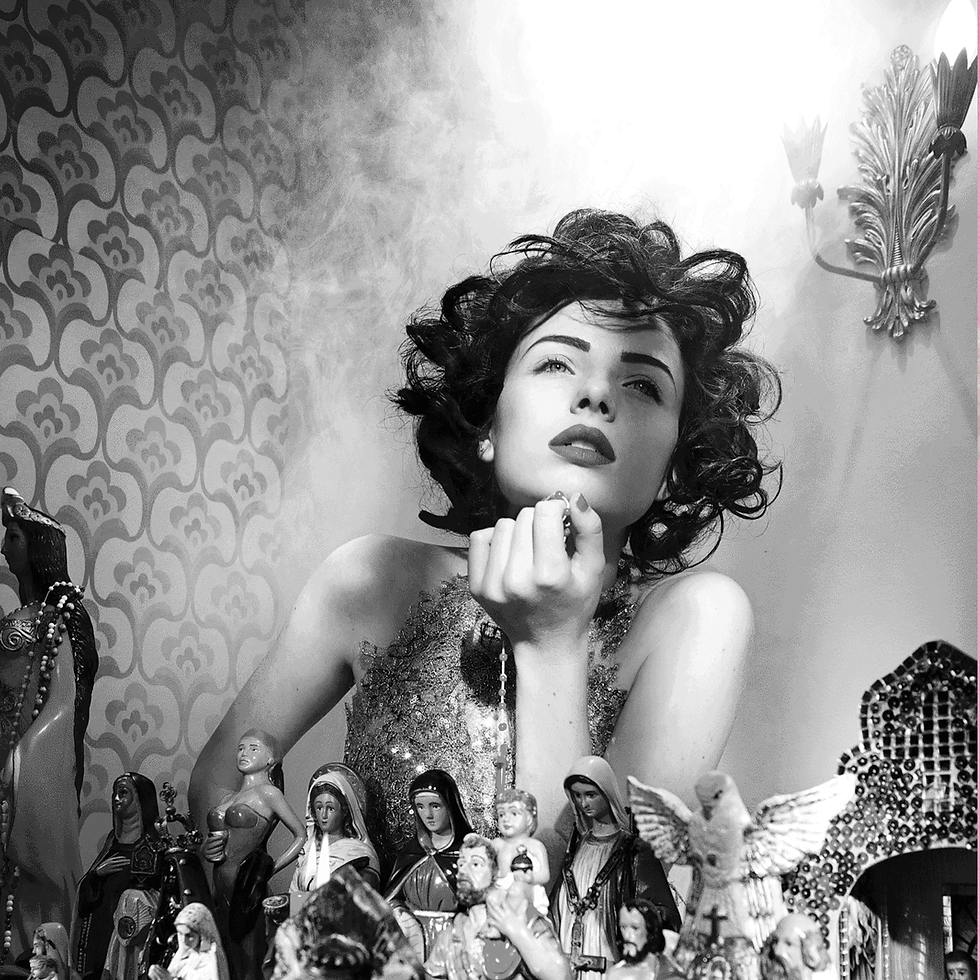Jane Fonda’s Fire Drill Fridays: A Call for Climate and Cultural Revolution
- Otávio Santiago

- Jun 15, 2021
- 2 min read
Updated: 3 days ago

In October 2019, Jane Fonda launched Jane Fonda Fire Drill Fridays — a weekly series of protests urging decisive action against the climate crisis. The movement calls for an end to new fossil fuel projects, a just transition to a renewable economy, and the passage of the Green New Deal. Initially held in Washington D.C., the protests quickly expanded across the United States after Fonda partnered with Greenpeace and local climate justice groups in early 2020.
At its heart, Fire Drill Fridays represents more than environmental protest — it’s a cultural reckoning. Fonda links the roots of the climate crisis to a patriarchal paradigm that has dominated for millennia: a system built on extraction, exploitation, and disposability. This mindset, she argues, treats workers, women, and the natural world as resources to be consumed — fueling both ecological destruction and social inequality.
Across the globe — from Hungary and Brazil to India, the UK, and the United States — we see this extractive logic embodied in rising authoritarianism, nationalism, and disregard for ecological balance. These forces represent, as Fonda describes, the apotheosis of a toxic worldview that prioritizes domination over care, and profit over preservation.
Yet beneath this long history of imbalance lies what spiritual teacher Eckhart Tolle calls the feminine principle — an intuitive, life-affirming intelligence that has been suppressed but not destroyed. In A New Earth, Tolle writes that the ego found fertile ground in patriarchal culture, gaining “absolute supremacy in the collective human psyche.” He suggests that women, more connected to the rhythms of the body and the natural world, inherently resist this dominance of ego and separation.
In that light, Fire Drill Fridays is not only a climate movement — it’s a movement of reconnection. A reawakening of empathy, collaboration, and care as guiding values for both society and the planet.
Written by Otávio Santiago, a designer shaping narratives through motion, graphics, and 3D form. His approach merges emotion and precision to craft timeless visual identities and experiences.


























Comments